As Parrots Catch Fire, Roses Draw Flame
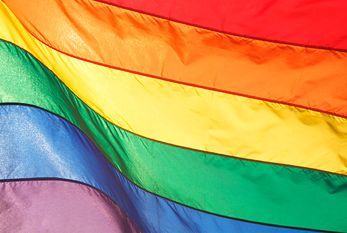
“...but when we are silentwe are still afraidSo it is better to speakrememberingwe were never meant to survive.”- A Litany for Survival, Audre Lorde
With a month set aside to celebrate queerness, pink capitalism propagates an online quasi-inclusivity which does not reflect the lives of closeted people. Much of the pride as we know today is the result of the Stonewall Riots of June 1969, heralded by black transwomen such as Marsha P. Johnson. This marked the advent of a community connected by their persecuted gender and sexuality. Even today, ‘homos’ are born criminals in conservative countries such as Hungary, Iran and Egypt. This essentially western social movement has had a different variation in India, because of the presence of the indigenous ‘third gender’ or the hijra community who are mostly involved in begging and prostitution.
Even thirty years ago, things would have been very difficult for anyone outed for their sexuality. In fact, it was only in the 1990s that Queer Studies as an academic discipline started out covertly in American universities. We need only remember the imprisonment of Oscar Wilde in 1895 on the grounds of ‘gross indecency’ which ultimately resulted in his death. As the Supreme Court of India decriminalized homosexuality in 2018, the country was marked by widespread joy and colourful pride marches that refused to let glares and disapproving comments deter them. Indians were quite liberal in pre-colonial times, and all variations of sexual activity are discussed in texts like Vatsyayana’s Kamasutra.
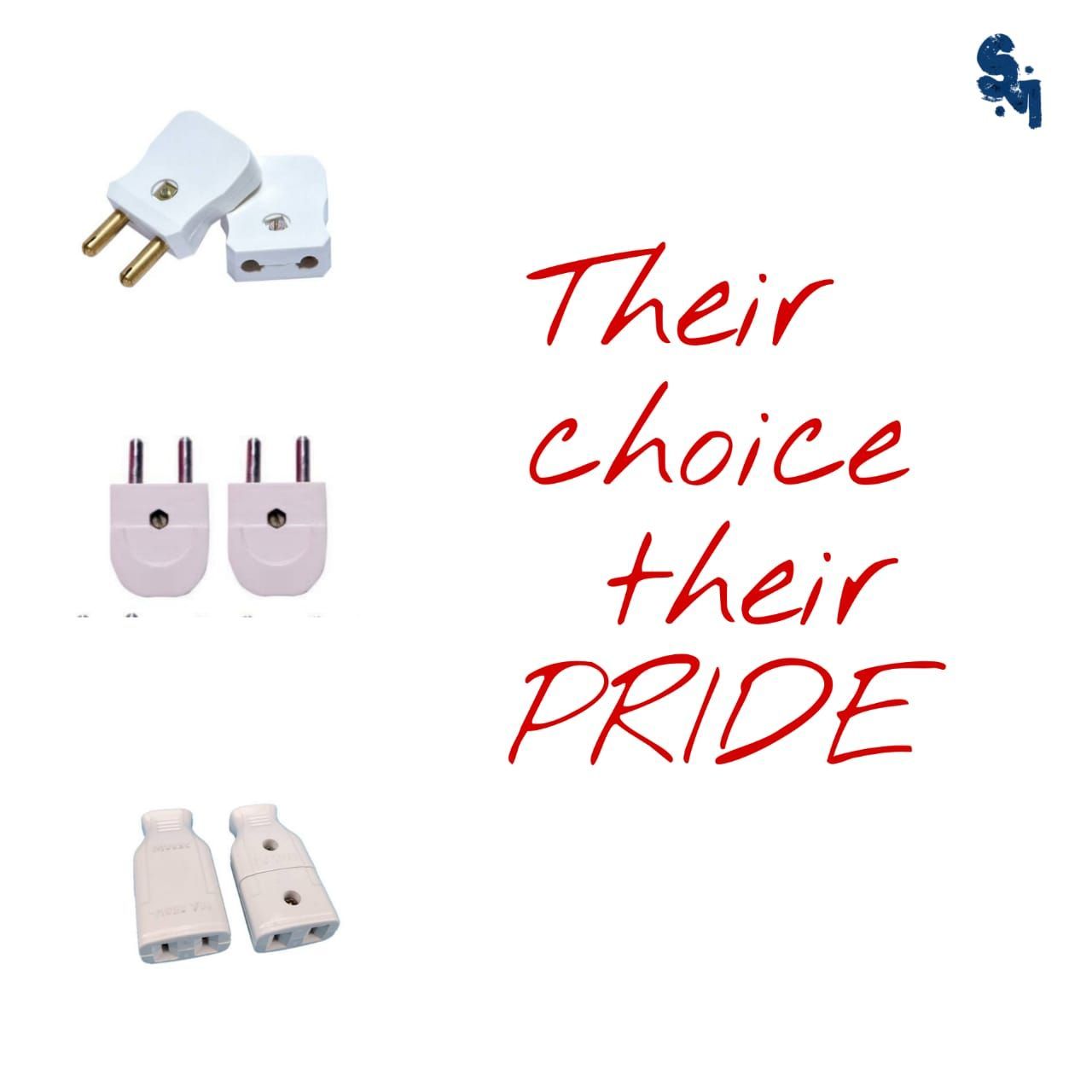
We are given the illusion that we can choose anyone we like (as long as it is someone from the opposite sex). There is no going back now – same-sex couples are moving the courts for recognition of their marriages. Heteropatriarchal society has defined marriage as a union of man and woman with social sanction, which is also supported by religious texts. But secular society is different today in modern India, and inclusivity and tolerance are markers of a truly developed nation.
The stereotyping of butch lesbians and effeminate gays serve to reinforce the pink-blue binary, but we today know that gender, which is socially determined, is independent of biological sex. Medical science has long back declared that being homosexual, bisexual and/or transgender is not a disease, rather it is a natural variation of human sexuality.
Still, sexuality is mostly ignored by schools, universities and workplaces. There is little to no sensitisation in the public domain, which is not surprising for a nation which treats these issues as taboo. Awareness and discussion of such topics is limited to middle and upper middle class privileged circles, which can form NGOs such as Sappho For Equality and Varta Trust, and online support groups. Social media has changed the lives of the queer community like nothing else – now we connect more easily and build communities.
This is not to say that being queer automatically makes someone a good human being. Take the case of Caitlyn Jenner - she is a celebrity transwoman in US but does not support gay marriage. If she steps out of her white privilege, she will find that close to 100 transwomen of colour are murdered in the US every year.
আরও পড়ুন : লাল নীল সবুজেরই... / দোয়েল রক্ষিত
Apart from issues such as bullying and job discrimination, LGBTQ+ individuals also face hostile families and a host of mental health issues without means of coping with them. One in every two transgender person will try to commit suicide by the age of 30, and mostly they do not have access to gender-affirmative treatment which can help ease their lives. Sadly, convertion therapies and corrective rapes still continue in non-urban places.
At this juncture, art, literature and culture come as a welcome change because it shows a rich variety of creative responses. Queerness in humans has existed from time immemorial – from Shakespeare to Devdutt Pattanaik or Ruth Vanita.
Several LGBTQ+ activists such as Akkai Padmashali have helped in spreading awareness. We can see a drive towards inclusivity in progressive MNCs and liberal spaces and households. There is more visibility in media which tells diverse stories like Call Me By Your Name and Sex Education on OTT platforms like Netflix.
আরও পড়ুন : আমার আকাশও নীল / অপ্রকাশ সেন
The pride month is a symbol of how far the LGBTQ+ community has come. It is a demand for equality and fighting for rights in an unjust society which has refused them for centuries. We are proud to be our authentic selves, not because we are brave, but because sometimes life does not leave any other option for you.
...............................................
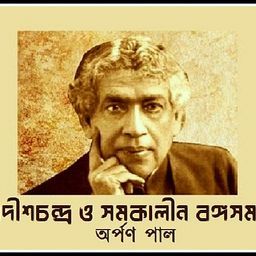
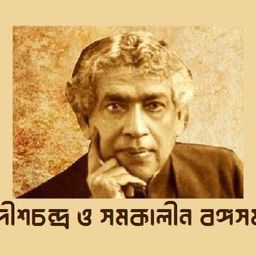
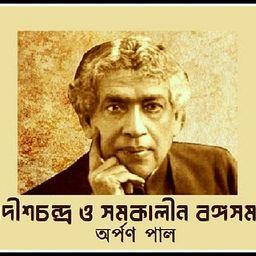
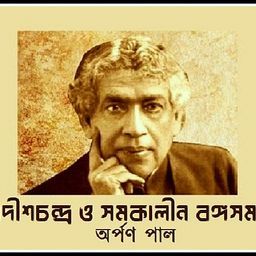
Aneesha
Nicely written Trijit! I always admire your writings, had to Google some terms. Would love to read more!